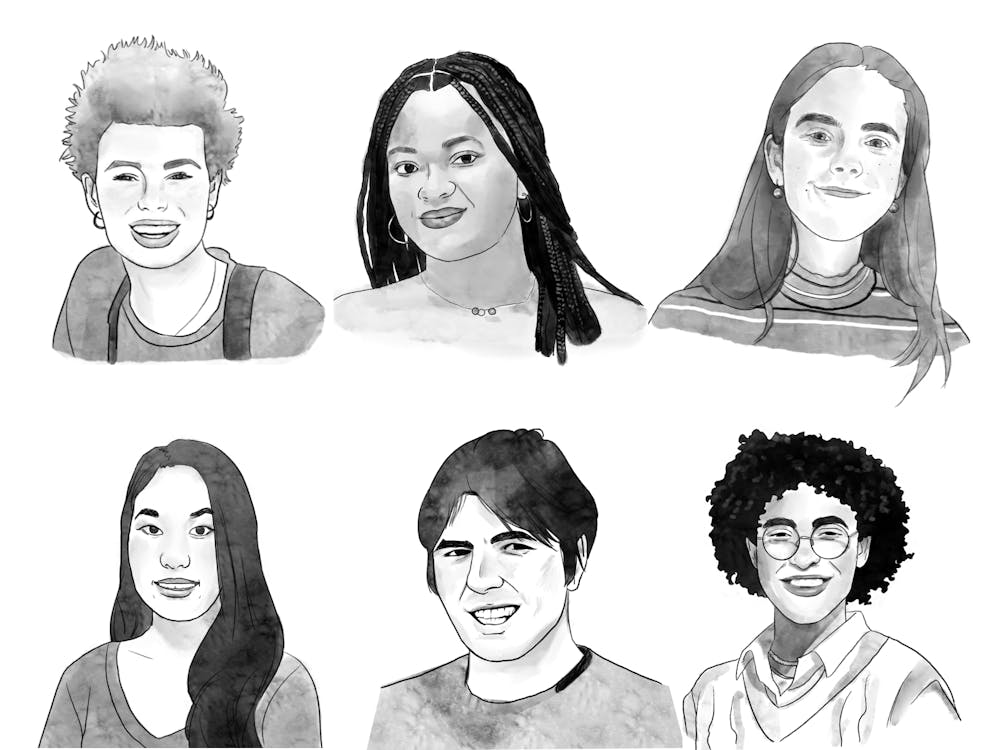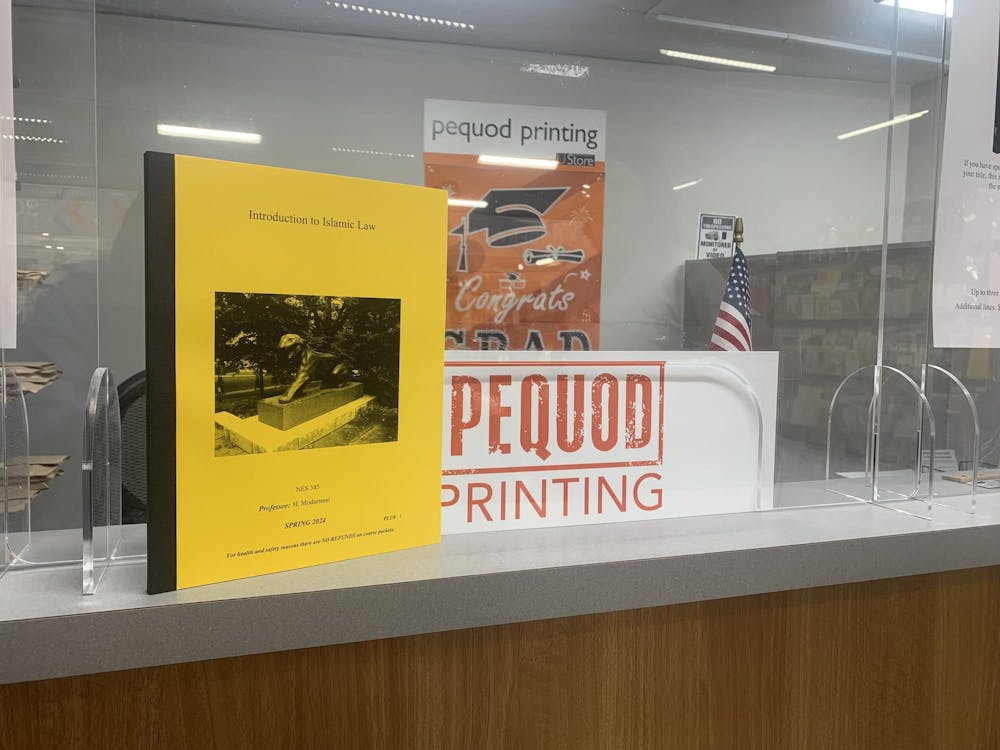The pre-frosh of last year are now officially students at Princeton and have been initiated into the Princeton experience: that magical four-year span of time in which you grow as a person and meet the wonderful people who will be your friends for the rest of your life. Along the way, you’re supposed to belong to a billion extracurricular clubs that will forever enrich the fabric of your being. I am no one to contradict this wonderful prophecy —I’m waiting for it to come true for myself. However, I’d like to add a grain of salt to the latter half of it. Equipped with all the wisdom accumulated over a year of being a Princeton student, I would like to address the freshmen directly when I say: extracurricular activities will be only as important in your life at Princeton as you make them.
Personally, I was convinced at the beginning of last year that my experience at Princeton depended on extracurricular activities. After attending the wonderfully well-populated activities fair, you probably have a similar idea. If you are anything like I was last year, you are going through the 26 emails that were sent out in the span of time from last night to this morning with increasing degrees of apprehension and excitement. Tigertones, Princeton Debate Panel, diSiac, Princeton Bhangra, and all the organizations on campus want you so badly that they must all simultaneously inundate you with GIFs. Every email has been starred because you feel that you could potentially become a Bhangra champion or an agile tennis player, if you so choose.
Then, you’ll come to this rude awakening: getting into Princeton has not liberated you from the task of filling out applications. There’s always that pesky Google form you must fill out. But wait! There are also tryouts, interviews, and resumes required for every type of group, whether dancing, singing, or debating.
Logically it makes sense: the reason why Princeton groups excel is because the students are incredibly skilled at what they do. The people in diSiac are exceptional at dancing and often have a background in ballet. Many of the people in Princeton Model United Nations have years of public speaking experience —some have attended every major Model United Nations conference in the country since their first year of high school. The young women in the Princeton Tigerlilies are trained in music, or at least have some measure of experience in singing.
That is not to say that there aren’t exceptionally skilled people who manage to join these organizations without prior background. After all, Princeton is known for having well-rounded, versatile students who can join any group and manage to flourish. However, for the organizations to hold the elite and revered place that they do in college competitions, beginners who do not show immediate skill are weeded out. Hence, the applications and the tryouts.
Unless you are one of the exceptionally versatile students who manages to learn a ballet routine in time for diSiac’s audition or learn the art of collegiate debate in time for the Debate Panel tryout, you might not be able to gain easy entry into activities that are new to you. I am not saying that everyone will encounter this problem. Many of you will get into clubs on your first try. However, many of you will not, which means that, at first, you will likely end up doing more of what you already are good at because other options aren’t open to you.
This doesn’t have to be a negative thing, but if, like me, you are someone who isn’t particularly musically inclined or rhythmically coordinated but still want to be part of the amazing communities that musical and dance groups can provide, you might soon be met with the very rejection letters that you thought you had managed evade during the college application process.
The realization that a lot of the clubs are exclusive should not deter you from applying to every club that looks interesting. The goal is to do something meaningful with your time while meeting more people.
By this time, I’m sure that many people have told you that they have met their best friends in the extracurricular they participate in. You might even have formed the vague idea that the groups you manage to join will determine all your social activities. This is not true. There are some people who make friends only in the activities they are part of, but more often than not, the relationships formed in student groups are superficial and last about as long as the activity you are participating in. So it’s not the end of the world if you aren’t selected to be a part of a student organization.
As a freshman, the stakes for getting into groups are high. It feels like a competition to see how many extracurricular activities you are a part of. It often becomes the case that students are itching to simply do something, and thereby end up wasting time in organizations that aren’t aren’t conducive to their growth. You don’t have to fall into this trap. Your worth as a Princeton student does not depend on how many clubs you are a part of or how many officer positions you hold. That is a mentality best left in high school. At Princeton, you have many resources at your disposal, from libraries to tennis courts, and four whole years to take advantage of them. You can make better use of your time even if you aren’t running to meetings and replying to emails every hour.
Enjoy your classes —you only get four years of them. Enjoy the company of the new friends you meet. Join the more inclusive clubs like the marching band, sing with Acapellago or play intramural sports. Or if there is a group that has rejected you but that you absolutely would love to join, prepare for it. Take singing lessons. Practice public speaking. Go to ballet lessons that the University offers.
For many students, making the most of the Princeton experience has become an elusive goal that must be attained, with extracurricular activities figuring prominently in this goal. You cannot possibly chase an experience —it will be what it is and there is no use feeling stressed out about not getting into a particular club. I still feel that extracurricular activities are an integral part of my experience at Princeton, but I no longer stake my personal worth in belonging to as many clubs as I can. As for the clubs you really want to be in, there’s always next year and the year after that and the year after that to try out again for any club. After these four years, it will hardly matter if you were a part of diSiac or Model United Nations. You’ll have attained the Princeton experience either way.

Bhaamati Borkhetaria is a sophomore fromJersey City, New Jersey. She can be reached atbhaamati@princeton.edu.








